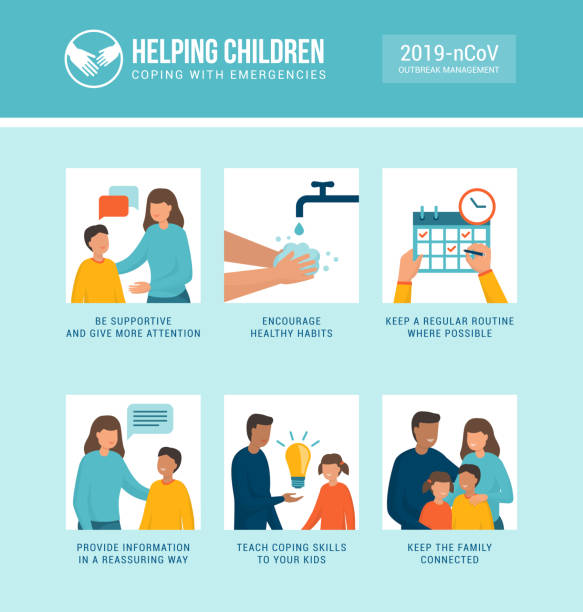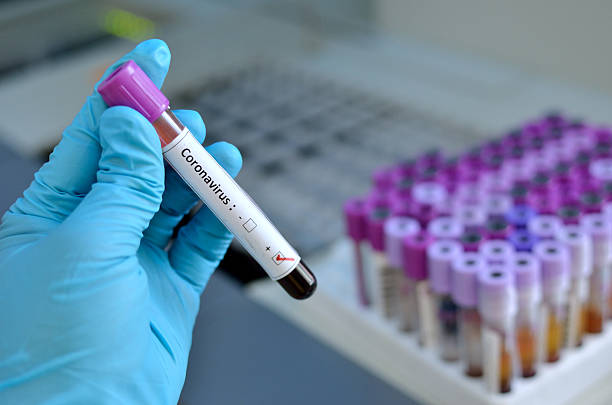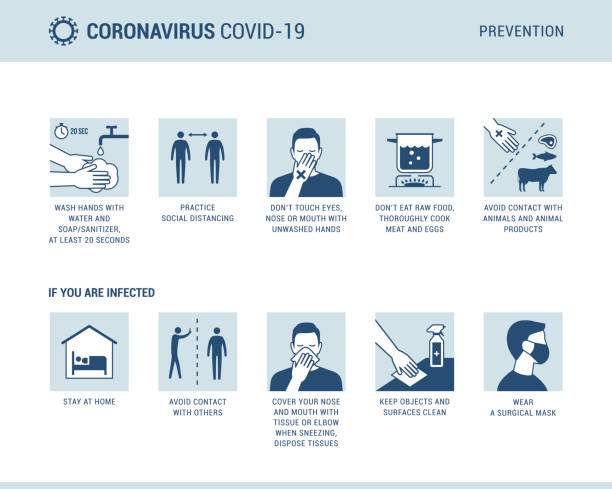Coronavirus Stats: Understanding the Global Impact
Introduction:
The Coronavirus, scientifically known as SARS-CoV-2, took the world by storm in late 2019, triggering a pandemic that has had profound social, economic, and public health implications. In this article, we delve into the latest statistics surrounding the virus, shedding light on its global impact and the ongoing efforts to mitigate its effects.
The Global Picture:
As of the most recent update, the virus has affected over 200 countries and territories worldwide. The number of confirmed cases has surpassed the staggering mark of 300 million, with millions of lives lost and many more individuals recovering. Despite the vaccine rollout, new variants and sporadic outbreaks continue to pose challenges for health systems around the globe.
Transmission and Spread:
The virus primarily spreads through respiratory droplets, making person-to-person contact the most common mode of transmission. Early in the pandemic, experts highlighted the significance of preventive measures like wearing masks, maintaining physical distance, and hand hygiene. These practices, coupled with lockdowns and travel restrictions, have played a pivotal role in slowing down the virus's spread.
Variants and Mutations:
The virus's genetic makeup has evolved over time, giving rise to new variants with distinct characteristics. Variants like Alpha, Beta, Gamma, and Delta have shown varying levels of transmissibility, severity, and vaccine resistance. Delta, for instance, proved to be highly transmissible and led to significant surges in cases in several countries. The emergence of these variants underscores the importance of genomic surveillance and rapid response to emerging threats.
Vaccination Efforts:
Vaccines have been a beacon of hope in the fight against COVID-19. Since the initial emergency use authorizations, several vaccines have been developed and administered on a global scale. Countries have embarked on mass vaccination campaigns, with billions of doses administered. These efforts have contributed to declining hospitalization and death rates in many regions. However, vaccine distribution inequalities remain a concern, highlighting the need for global collaboration in addressing the pandemic.
Challenges and Responses:
The pandemic has exposed vulnerabilities in healthcare systems, testing capacities, and data reporting mechanisms. Health disparities have been amplified, with marginalized communities disproportionately affected. Governments and international organizations have implemented various strategies to combat these challenges, including bolstering healthcare infrastructure, enhancing testing and contact tracing, and facilitating equitable vaccine access.
Economic Implications:
The pandemic's economic ramifications have been profound. Lockdowns and restrictions aimed at curbing the virus's spread led to job losses, business closures, and disruptions in supply chains. Governments introduced stimulus packages and financial aid to mitigate the impact, but the road to economic recovery remains uncertain. Many industries, such as tourism and hospitality, are still grappling with the aftermath.
Lessons Learned:
The pandemic has offered numerous lessons for global preparedness. It highlighted the importance of investing in healthcare infrastructure, robust research, and international collaboration. The rapid development of vaccines showcased the potential of science and innovation in times of crisis. Furthermore, the pandemic underscored the significance of clear and transparent communication to combat misinformation and maintain public trust.
The Path Forward:
While progress has been made, the journey is far from over. Continued vigilance is crucial as new variants may emerge, and the virus's long-term effects are still being studied. Vaccination efforts must persist, focusing on reaching underserved populations. International cooperation is essential for addressing global disparities in vaccine distribution and strengthening pandemic response frameworks.
Conclusion:
In the annals of history, the COVID-19 pandemic will stand as a monumental event that reshaped societies and brought humanity together in unprecedented ways. The statistics surrounding the pandemic reveal the scale of the challenge and the progress made. As we navigate the complexities of the pandemic's aftermath, a united global effort remains paramount in ensuring a safer, healthier future for all.
Introduction:
The Coronavirus, scientifically known as SARS-CoV-2, took the world by storm in late 2019, triggering a pandemic that has had profound social, economic, and public health implications. In this article, we delve into the latest statistics surrounding the virus, shedding light on its global impact and the ongoing efforts to mitigate its effects.
The Global Picture:
As of the most recent update, the virus has affected over 200 countries and territories worldwide. The number of confirmed cases has surpassed the staggering mark of 300 million, with millions of lives lost and many more individuals recovering. Despite the vaccine rollout, new variants and sporadic outbreaks continue to pose challenges for health systems around the globe.
Transmission and Spread:
The virus primarily spreads through respiratory droplets, making person-to-person contact the most common mode of transmission. Early in the pandemic, experts highlighted the significance of preventive measures like wearing masks, maintaining physical distance, and hand hygiene. These practices, coupled with lockdowns and travel restrictions, have played a pivotal role in slowing down the virus's spread.
Variants and Mutations:
The virus's genetic makeup has evolved over time, giving rise to new variants with distinct characteristics. Variants like Alpha, Beta, Gamma, and Delta have shown varying levels of transmissibility, severity, and vaccine resistance. Delta, for instance, proved to be highly transmissible and led to significant surges in cases in several countries. The emergence of these variants underscores the importance of genomic surveillance and rapid response to emerging threats.
Vaccination Efforts:
Vaccines have been a beacon of hope in the fight against COVID-19. Since the initial emergency use authorizations, several vaccines have been developed and administered on a global scale. Countries have embarked on mass vaccination campaigns, with billions of doses administered. These efforts have contributed to declining hospitalization and death rates in many regions. However, vaccine distribution inequalities remain a concern, highlighting the need for global collaboration in addressing the pandemic.
Challenges and Responses:
The pandemic has exposed vulnerabilities in healthcare systems, testing capacities, and data reporting mechanisms. Health disparities have been amplified, with marginalized communities disproportionately affected. Governments and international organizations have implemented various strategies to combat these challenges, including bolstering healthcare infrastructure, enhancing testing and contact tracing, and facilitating equitable vaccine access.
Economic Implications:
The pandemic's economic ramifications have been profound. Lockdowns and restrictions aimed at curbing the virus's spread led to job losses, business closures, and disruptions in supply chains. Governments introduced stimulus packages and financial aid to mitigate the impact, but the road to economic recovery remains uncertain. Many industries, such as tourism and hospitality, are still grappling with the aftermath.
Lessons Learned:
The pandemic has offered numerous lessons for global preparedness. It highlighted the importance of investing in healthcare infrastructure, robust research, and international collaboration. The rapid development of vaccines showcased the potential of science and innovation in times of crisis. Furthermore, the pandemic underscored the significance of clear and transparent communication to combat misinformation and maintain public trust.
The Path Forward:
While progress has been made, the journey is far from over. Continued vigilance is crucial as new variants may emerge, and the virus's long-term effects are still being studied. Vaccination efforts must persist, focusing on reaching underserved populations. International cooperation is essential for addressing global disparities in vaccine distribution and strengthening pandemic response frameworks.
Conclusion:
In the annals of history, the COVID-19 pandemic will stand as a monumental event that reshaped societies and brought humanity together in unprecedented ways. The statistics surrounding the pandemic reveal the scale of the challenge and the progress made. As we navigate the complexities of the pandemic's aftermath, a united global effort remains paramount in ensuring a safer, healthier future for all.




